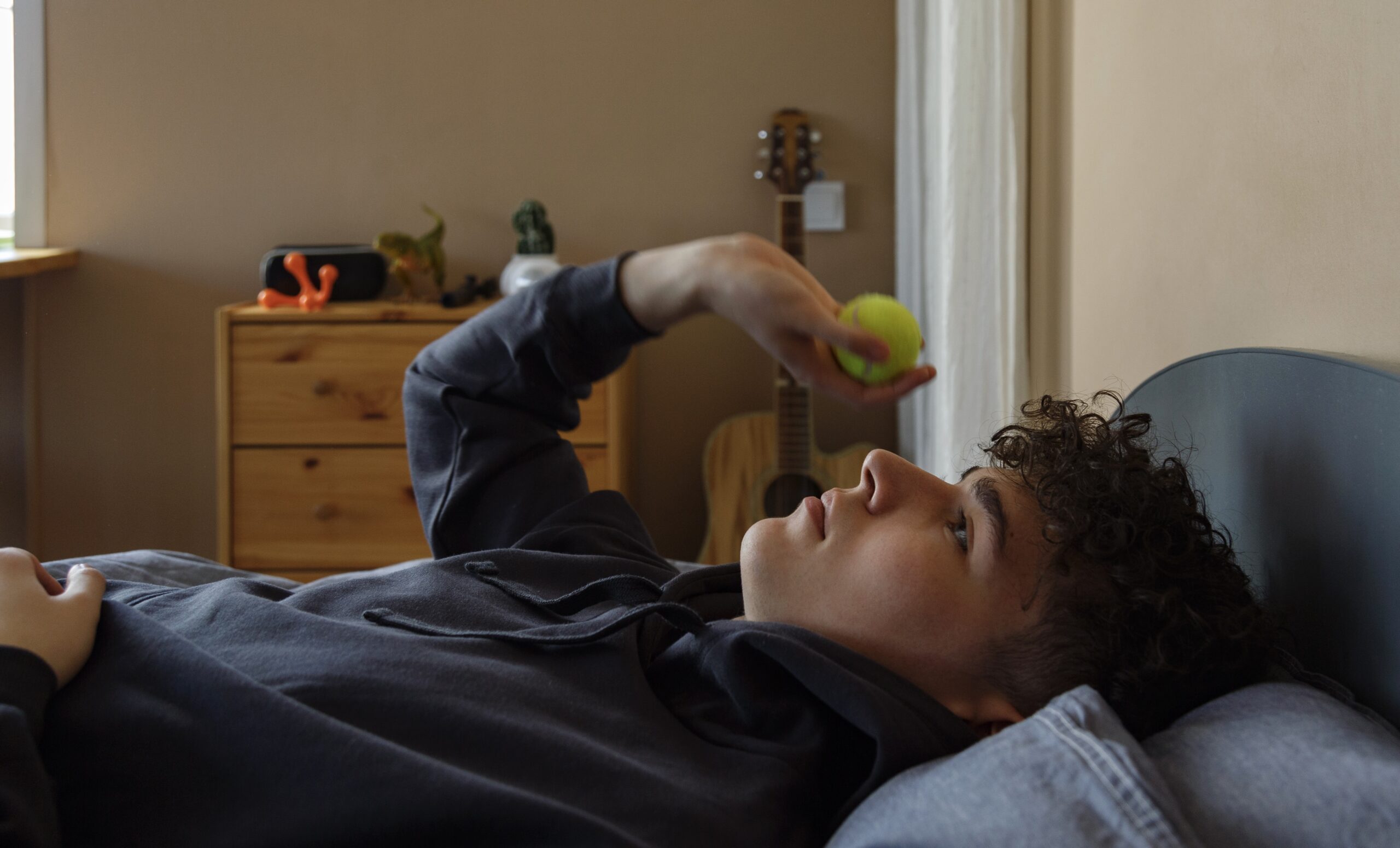

When my youngsters burst into tears and slam their bed room doorways, I don’t go soothe them…
It feels a bit of harsh to jot down out, however my reasoning is that this: they’re studying to emotionally regulate, a key life ability. Once they have been youthful, I soothed them, after all, however now that they’re youngsters, they’re constructing these muscle groups for themselves and getting stronger each time. I’m pleased with them and consider in them.
In any case, they perceive that I’m right here, studying on the couch or brushing my tooth, in the event that they want me. They know they’ll come to me anytime, that nothing they inform me will shock or embarrass me (“I’ve heard the whole lot,” I frequently inform them), that nothing they may ever say or do would ever make me cease loving them. I belief that they’ll come discover me in the event that they want recommendation or a hug or simply need somebody to sit down subsequent to them and rub their again throughout this tough second.
However when it comes to feeling these large feelings? I’d by no means wish to take them away or forestall my youngsters from experiencing them. Being upset, unhappy, or disillusioned shouldn’t be a nasty factor; in truth, it’s an excellent factor. It’s a part of life! We’re aiming for wholeness! Children ought to learn to tolerate robust feelings, run by the storm, give themselves pep talks, and notice that large emotions move and life carries on and so they’re JUST FINE.
The extra they expertise this sequence, again and again, the extra they’ll be taught that they’ll deal with just about something. They may be capable of soothe themselves, while not having to hunt fixed reassurance or lean closely on another person or, later, perhaps drink an excessive amount of or punch a wall. They may be capable of stand securely on their very own two toes and climate no matter comes. How superb is that? Some folks go their total lives not studying to emotionally regulate; it’s a large superpower and, I’d even argue, the key to lasting happiness?
(To make clear, I really like speaking about worries, struggles, issues, relationships, and life general with my youngsters, once they’re calm and steadied; however I would like them to be taught to deal with the wave of massive emotions first on their very own.)
I couldn’t agree with this extra:

A couple of ideas for emotional regulation (for all ages):
* take a break by your self
* breathe deeply
* drink water, splash water in your face, take a bathe (simply add water🙂
* go for a stroll
* take note of your emotions and title them
* remind your self that onerous emotions will move; they’re sometimes greatest firstly
* attempt to reframe your considering or think about another person’s perspective
* contemplate the larger image (like, the Grand Canyon trick!) — your life is big, that is one second inside it
* problem your ideas. ask your self, what’s the proof? (for instance, when you suppose, ‘I’ve no buddies,’ is that actually true? what’s the proof for that? is there proof for the opposite facet?)
* when you did make a mistake, and now you’re beating your self up, inform your self the phrase, “I’m studying.” (This helps me quite a bit after I’m annoyed with myself.) It’s okay to get issues improper, then be taught and develop!
Ideas? What else would you add to that checklist? I’m keen to listen to the way you deal with and take into consideration these moments. If my youngsters are upset, and I really feel an urge to go resolve all their issues (which is unattainable anyway!), I’ll truly inform myself issues like: “It is a feeling they’ll deal with; they’re doing a tremendous job constructing these muscle groups; they’re studying a necessary life ability; they know you’re right here in the event that they want you; they’re going to be simply superb; go, sweetie, go!!!” (And guess what I simply realized, as I wrote this final paragraph? I emotionally regulate myself whereas they be taught to emotionally regulate!)
P.S. Extra about speaking to youngsters, together with a scavenger hunt parenting hack and three phrases that modified how I mother or father. Plus, 21 fully subjective guidelines for elevating teen ladies and teen boys.
(Photograph by Danil Nevsky/Stocksy.)



